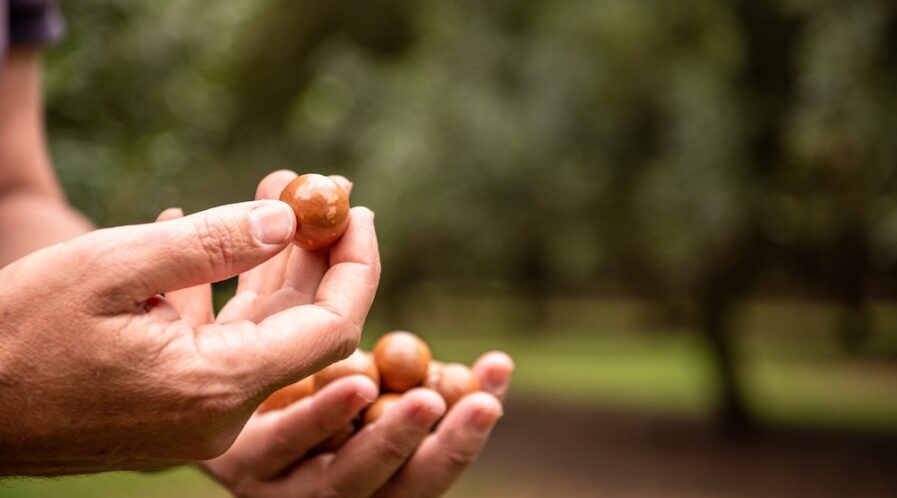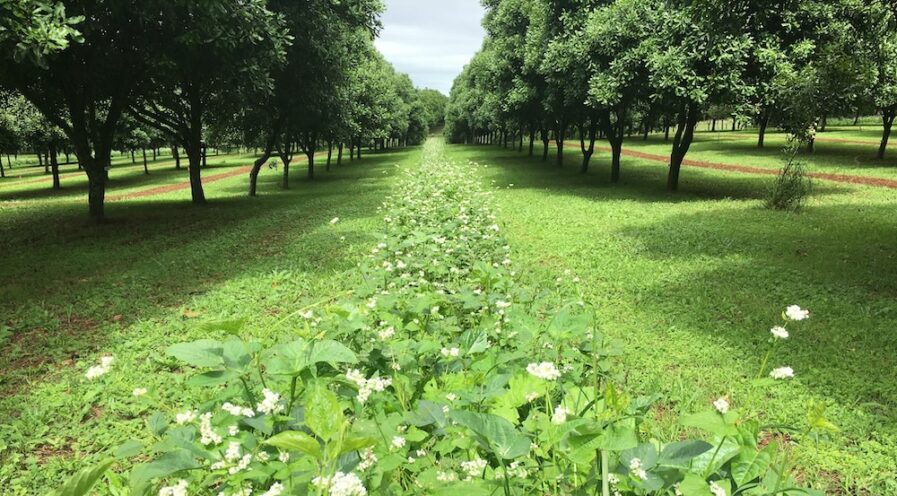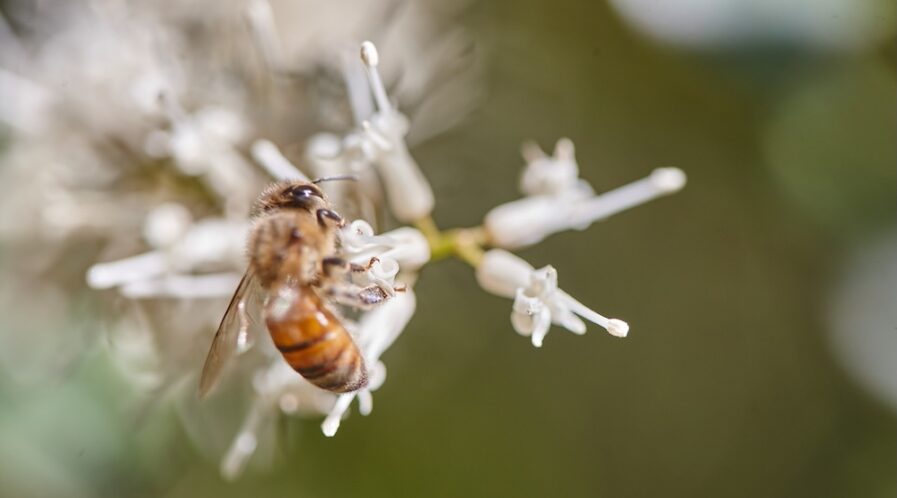The international nut and dried fruit sector has taken a significant step forward in aligning global sustainability efforts, with the launch of the INC Sustainability Institute for Nuts & Dried Fruit. Announced at the 2025 INC Congress in Spain, the initiative was developed by the International Nut and Dried Fruit Council (INC) to drive long-term, responsible growth and deliver positive impact across the sector.

The Institute aims to act as a central hub of knowledge and collaboration, offering tools and resources to support more sustainable practices across the entire value chain. It’s backed by a newly launched industry-specific sustainability certification that offers a practical and credible way for businesses to demonstrate their commitment to environmental care, social responsibility and good governance.
For Australia’s macadamia industry – already deeply engaged in sustainable production – this is a welcome development that helps bring global alignment to the work many growers and processors are already doing.
A certification tailored to the nut and dried fruit sector
The new INC Sustainability Certification is a powerful B2B tool that will enable the nut and dried fruit industry to recognise business partners engaged with sustainable production. It seeks to address a key challenge for the sector: the absence of a globally recognised, industry-specific sustainability benchmark. While many existing schemes are generic in nature or regionally focused, the INC Certification sets a clear, practical and measurable standard developed by nut and dried fruit industry experts.

It covers a comprehensive set of environmental, social and governance (ESG) criteria, including:
- Soil, water and biodiversity management
- Emissions and input reduction
- Human rights, workplace safety and fair employment
- Community engagement, traceability and supply chain management
The certification is intended to validate and amplify existing efforts already underway in many parts of the industry. According to INC Executive Director Goretti Guasch, the program “turns intention into action and action into impact,” offering businesses a clear, data-driven snapshot of their current performance and a roadmap for continuous improvement.
In a world where 80% of US consumers and over half of consumers in emerging markets say sustainability influences purchase decisions1, the initiative aims to help open doors to new markets, strengthen global partnerships and validate sustainability efforts with a sector-specific, streamlined process.
Where Australian macadamias fit in
For the Australian macadamia industry, the launch of the INC Sustainability Institute and Certification aligns closely with its ongoing commitment to environmental care and social responsibility.
Australia’s macadamia trees are largely grown in the locations where they naturally evolved more than 60 million years ago, meaning it is a crop that has naturally adapted to its environment. This natural advantage and inherent resilience sets a strong foundation for sustainable production and is further enhanced by targeted and ongoing investment in research, technology and regenerative agriculture.

The responsibility to produce the world’s best macadamias as eco-sensitively as possible is felt and shared by everyone from the largest operators in the processing sector right through to new growers navigating their first season. Australia’s macadamia growers remain committed to conserving the natural resources on which their product relies, and now more than ever, are prioritising the protection of water, soil, air, native vegetation and wildlife. Key initiatives include:
- Soil health management through organic matter enrichment and groundcover to increase water retention and build a more resilient orchard floor that can stop evaporation and mediate soil temperature.
- Biodiversity initiatives that support natural pollinators and beneficial insect populations that provide a means of natural pest control, through inter-row planting of grasses, legumes and flowering species.
- Improved light penetration via strategic canopy management to foster productive and balanced orchard ecosystems.
- Waterways and marine estates protection via the significant investments growers have made on-farm to improve vegetation around riparian zones and further embrace use of natural orchard management practices to enhance the quality of waterways and marine estates including the Great Barrier Reef.
Strengthening the industry’s global impact
By supporting sector-wide efforts such as the INC Sustainability Institute, the Australian macadamia industry reinforces its long-standing belief that sustainability is not just a trend, it’s a business imperative.

Whether it’s through data-led orchard management, ecosystem preservation or embracing biodiversity, Australian growers and processors are aligned with many of the principles the new certification sets out to promote. These practices are not only delivering healthier, more productive orchards but also reinforcing macadamias’ position as a premium product grown with care and respect for nature.
As the demand for sustainably and ethically grown food continues to rise – particularly in key markets such as China and India, where 78% and 82% of consumers respectively rate sustainability as important when buying nuts2 – initiatives like this offer a powerful way to align global efforts and unlock shared value across the industry.


